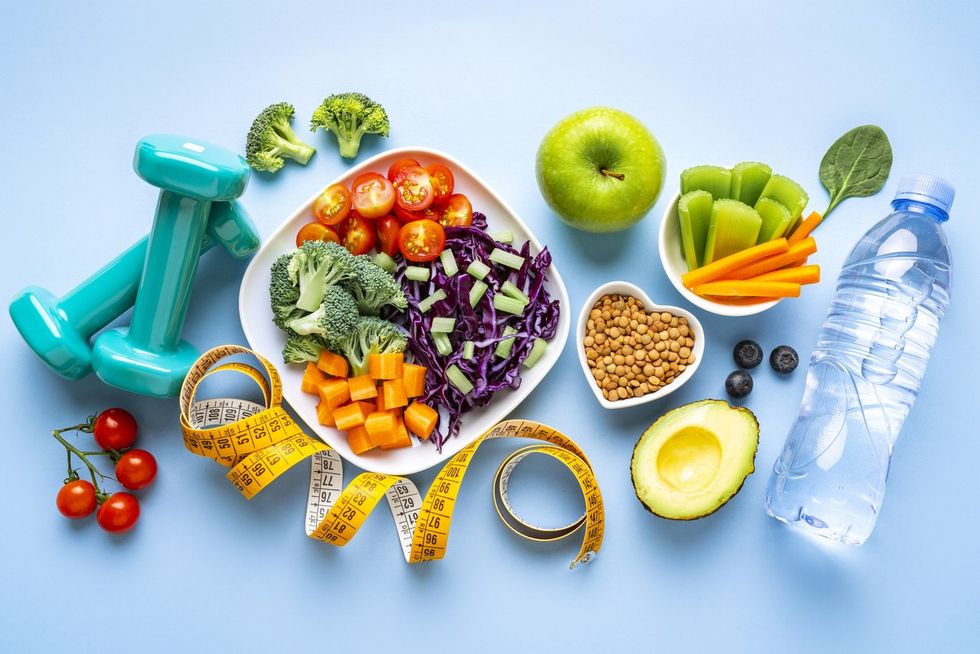The Indian High Commission in London on Saturday (24) issued an open appeal through social media for help to meet the rising demand for oxygen and medical supplies in India's devastating second wave of the COVID-19 pandemic.
It listed the required items as refillable oxygen cylinders, concentrators and the drug Remdesivir, used to treat severe COVID-19 cases. India has recorded nearly a million infections in three days, with 346,786 new cases on Saturday.
“@HCILondon thanks all who have come forward to help in COVID19 situation. India needs: (i) Empty, refillable Oxygen cylinders with 10 litres and 45 litres LMO (liquid medical oxygen) capacity (ii) Oxygen concentrators (iii) in situ Oxygen manufacturing plants for hospitals & (iv) Remdesivir,” reads the appeal on Twitter.
It comes as several diaspora organisations have also been coordinating efforts to provide assistance and support, amid news of oxygen supply shortages at hospitals in New Delhi and other regions.
“The Indian diaspora has huge confidence in prime minister (Narendra) Modi and stand ready to help the government of India in any form they need,” said Kuldeep Shekhawat, president of the Overseas Friends of BJP (OFBJP) diaspora group, which held a virtual meeting to consider a donation drive for the prime minister’s Relief Fund if required.
On Friday, prime minister Boris Johnson said the UK is looking at ways to help and support India through the crisis.
“We’re looking at what we can do to help and support the people of India, possibly with ventilators,” he told reporters when asked about the pandemic crisis in India on the local election campaign trail.
“Thanks to the ventilator challenge, the huge efforts of British manufacturers, we’re better able now to deliver ventilators to other countries. But also possibly with therapeutics, dexamethasone, other things, we’ll look at what we can do to help,” he said.
Meanwhile, the so-called India variant, believed to be behind the spike in cases in the country, was found to be among the most imported forms of coronavirus in the UK. A Public Health England (PHE) analysis into the Variant Under Investigation (VUI) had found an additional 55 cases until the week ending April 14, taking the total of the B.1.617 variant to 132.
It comes as India was added to the UK's “red list” travel ban list of 40 countries from Friday, imposing a compulsory 10-day hotel quarantine and PCR tests requirement on any British and Irish nationals and long-term residents returning to the country. According to a report in ‘The Times’, at least eight private jets were flown to Britain from India in 24 hours as the those who could afford the costs flew into the UK just before the ban took effect from 4am local time on Friday.



















